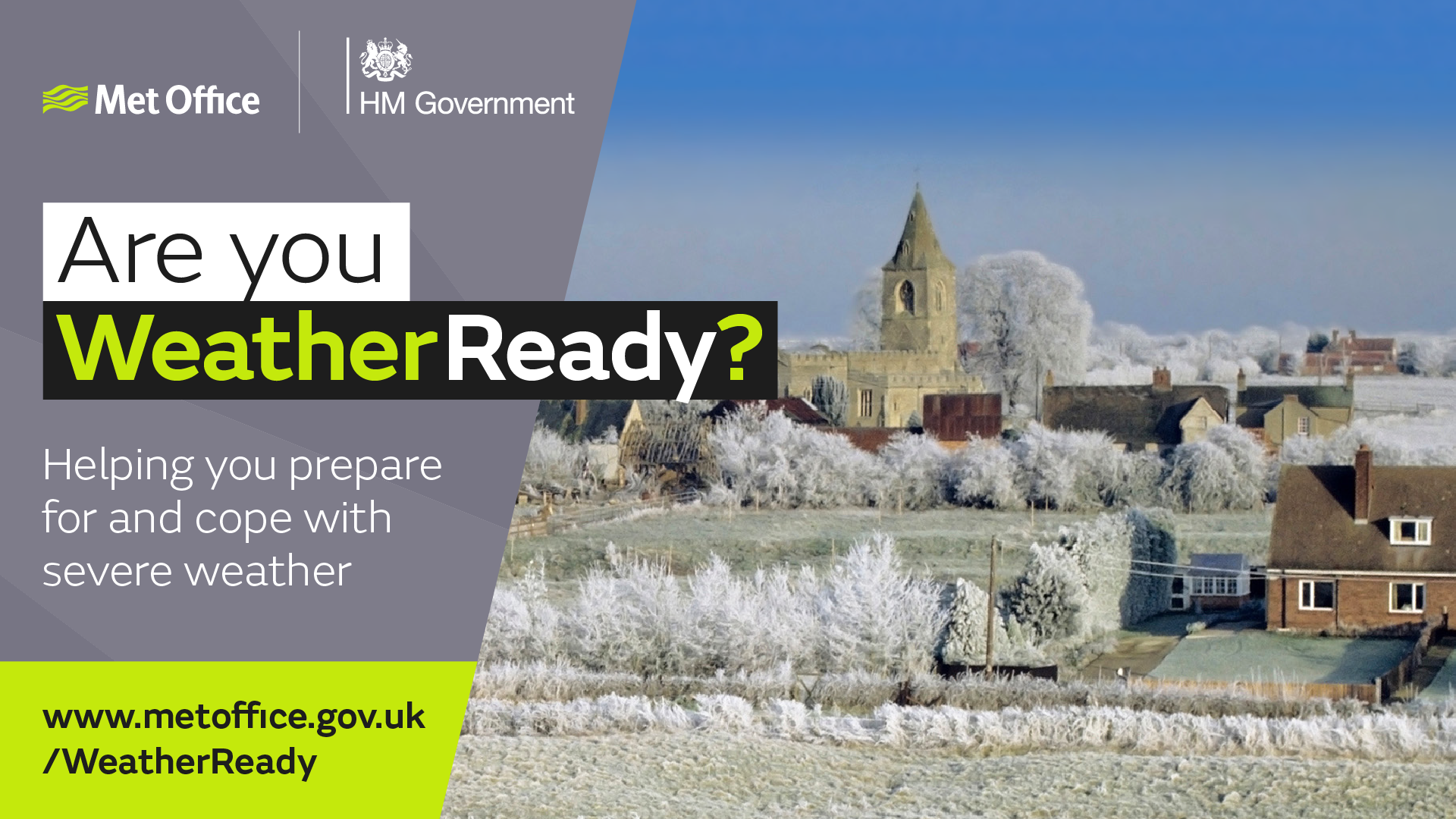Winter resources for journalists
A useful selection of resources for journalists covering winter weather in the UK.
Winter in the UK is typically the coldest season with more frequent unsettled weather. It’s also the subject of much interest from the public and journalists. Use this page as a base for producing informed winter weather coverage.
UK winter weather 2023/24 useful links
-
Journalists can access and quote from the latest forecast on our UK weather page. This includes short, medium and long-range weather forecasts.
-
Written forecasts for UK regions are also available from the UK weather page, by scrolling down to the ‘UK regions’ section.
-
View the latest UK weather warnings on the Met Office website. Click on a warning and click on ‘further details’ for additional context which can be useful for journalists.
-
The Met Office names storms with Met Eireann and KNMI. The UK Storm Centre provides details on the storm season so far, as well as links to previous storm naming seasons.
-
An El Nino has been declared and could impact global weather patterns through our meteorological winter. View a brief explanation of El Nino and La Nina.
-
In general, the influence of El Nino on UK weather is weak. Each El Nino event is different, but this page includes some discussion of some historical impacts. This is not a forecast for this specific El Nino event.
Winter weather warnings and alerts
-
As the UK’s official weather service, the Met Office is responsible for issuing weather warnings, which warn of impacts caused by severe weather. View our guide to weather warnings, how they work and what we warn for.
-
The UK Health Security Agency issues Cold Weather Alerts which cover England. These are specifically designed for the health and social care sector when cold weather could have an affect on people’s health.
-
The Environment Agency, Natural Resources Wales, NI Direct and the Scottish Environment Protection Agency are responsible for monitoring flood risk. They monitor rainfall, river levels and sea conditions to understand flood risk beyond the usual weather forecast. Find out more about flood warnings from the partner agencies on our flood warnings guide page.
Winter weather advice

-
A selection of winter weather advice is available as part of WeatherReady. Advice is collated with relevant expert partners and can be quoted and linked to in media coverage.
General UK winter weather information
-
Meteorological winter runs from 1 December to 28 February (or 29 February during a leap year) and is the definition we, at the Met Office, use for winter. Others may refer to astronomical winter, which is also defined on the linked page.
-
Find out more about the competing meteorological factors which typically influence UK winter weather.
-
The coldest temperature ever recorded during a UK winter was -27.2°C, which has been recorded 3 times. It was twice recorded in the village of Braemar, on 11 February 1895 and again on 10 January 1982, and once in Altnaharra on 30 December 1995.
-
The coldest winter on record, according to mean temperature, in a series which goes back to 1884, was winter 1963. The average mean temperature was -0.3°C and is the only winter in the series with average mean temperature for the season below freezing.
-
‘Beast from the East’ is a phrase used to describe cold and wintry conditions in the UK as a result of easterly winds from the near continent.
-
Forecasting snow in the UK is often tricky, as we’re surrounded by water. To forecast snow, meteorologists need to know where the source air is from, have very heavy precipitation and have warm air meeting cold air.
-
UK weather records can be broken down by nation and month on our climate extremes page.
Climate change and UK winter weather
-
Climate projections suggest an increase in the frequency of warmer, wetter winters in the UK.
-
However, the UK has a naturally variable climate so, even in a changing climate, there will be periods of colder weather, ice and snow.
-
Met Office observations show a generally warming trend for UK winters. Six of the ten warmest UK winters on record have occurred after 2007.
-
Despite a warming trend for winter, the UK’s variable climate continues to allow cold conditions. 2010 is the only winter since 2000 to appear in the top ten coldest winters on record.
Sign up for winter weather updates from the Met Office
-
Never miss a press release from the Met Office by signing up to email alerts. You can also use this link to sign up for email alerts when weather warnings are issued.
-
A free daily syndication email is available from the Met Office, including animated, presented and static content for use in the media. Email [email protected] to request access.
-
Weather forecasts are available on Met Office YouTube. This includes some forecasts exclusive to that channel, including 10 Day Trend and Deep Dive, which takes a more in-depth look at the meteorological drivers behind our weather patterns.
-
Follow the Met Office on X (formerly Twitter) for updates during live weather events, as well as warning and advice information.





